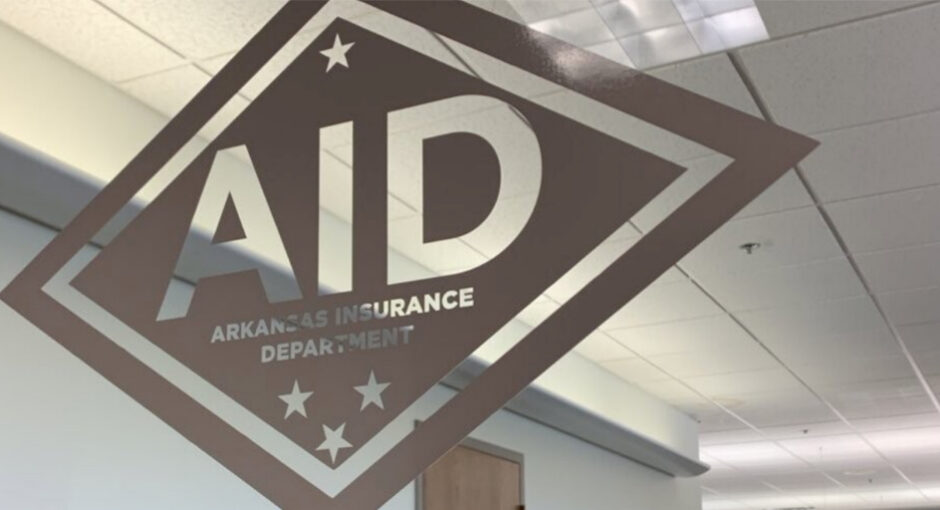An Arkansas health system is urging state officials to enforce the state’s novel 340B contract pharmacy anti-discrimination law against drug maker Novo Nordisk to end the company’s restrictions on 340B-priced drugs dispensed at multiple contract pharmacies. The lawsuit marks the first time a covered entity has sued under Arkansas Act 1103 and the recently issued Rule 123, which gives effect to the law.
“Contract pharmacy distribution arrangements are not unique to the 340B Program,” White River Medical Center said in a complaint filed Nov. 17 with the Arkansas Insurance Department (AID) and the state’s Insurance Commissioner. “They are a well-established means for non-profit health care providers to dispense drugs to their patients.”
“Novo’s failure to comply with Act 1103 and Rule 123 is an unfair method of competition and an unfair or deceptive act or practice that must be investigated and enjoined by the Commissioner,” the complaint said. “Rule 123 requires Novo to distribute 340B drugs to White River without restriction.”
Act 1103 says a drug manufacturer shall not deny a pharmacy contracting with a 340B covered entity access to the manufacturer’s drugs nor deny such a pharmacy access to 340B pricing. Pharmaceutical Research and Manufacturers of America is suing in federal district court in Little Rock to have the law declared illegal. PhRMA says Act 1103 is preempted by federal law.
Novo Nordisk lets 340B hospitals lacking a wholly owned pharmacy designate just one retail and one specialty contract pharmacy to which 340B-purchased drugs may be shipped.
In its complaint, White River, a two-hospital system based in Batesville, Ark., with several outpatient facilities in the North Central part of the state, underscored the importance of its network of 29 contract pharmacies in enabling the health system to provide health care to low-income patients.
“From October 2020 to September 2021, the White River Health System provided a total of $5,185,792 in charity care, with $4,632,970 attributable to care provided at White River’s facilities,” the system said. “The funding that White River realizes through its contract pharmacies allows it to provide this level of charity care without suffering a catastrophic financial loss.”
White River said its contract pharmacies consist of locally owned and specialty pharmacies, as well as large chains including Kroger, Wal-Mart, and Walgreens and that its service area is comprised of about 100,000 people.
White River added that, as nonprofit hospitals, it is prohibited by state law from being licensed as a retail pharmacy and thus, relies exclusively on contract pharmacies to dispense 340B-priced drugs to its patients.
It said funding from its contract pharmacy arrangements helps to pay for healthcare for low-income patients and also pays for services that health plans don’t cover, including oncology and rheumatology clinics. “Without 340B savings and contract pharmacy arrangements, White River would have to drastically scale back or eliminate the services provided in the oncology and rheumatology clinics, and its two infusion centers,” it said.
White River said it has lost roughly $1 million in contract pharmacy revenue in the 21 months since Novo put its restrictions in place. “White River will have to cut or eliminate other services or reevaluate whether it can keep clinics open if it loses another $1 million as the result of Novo’s restrictive 340B distribution policy,” it said.
The health system said the U.S. Health Services and Resources Administration’s (HRSA) guidance issued in 1996 and in 2010 clarified that the 340B statute requires drug makers to honor 340B contract pharmacy arrangements.


